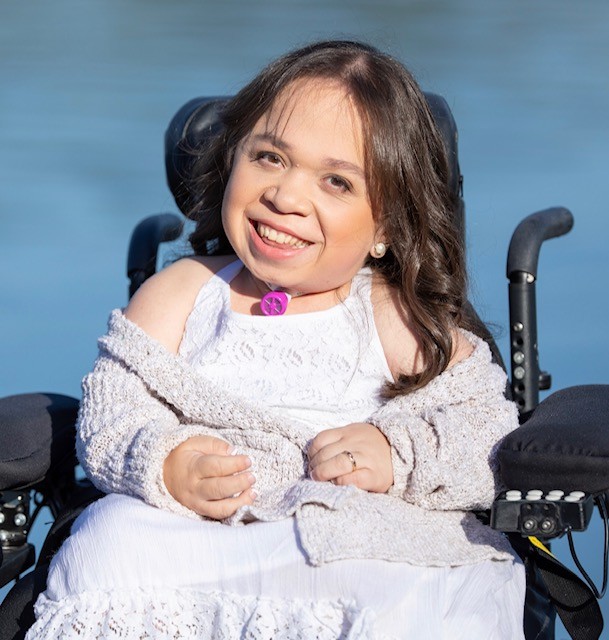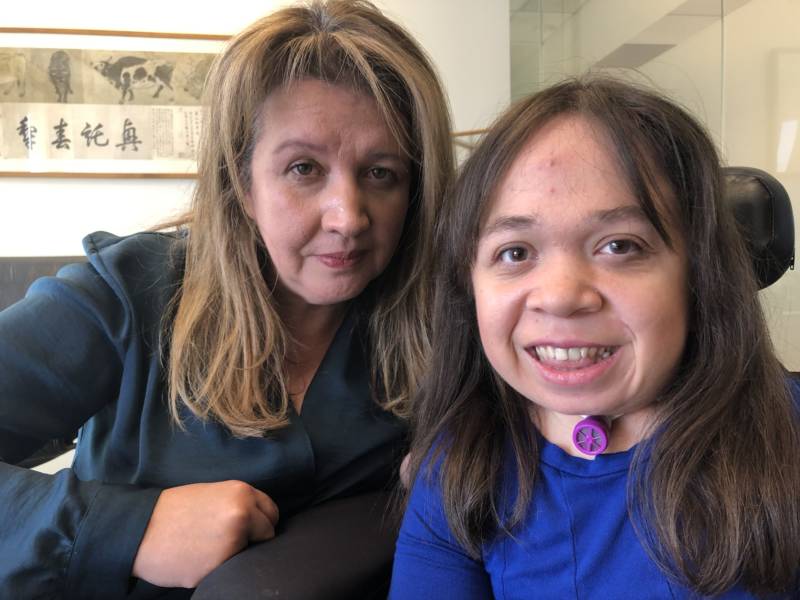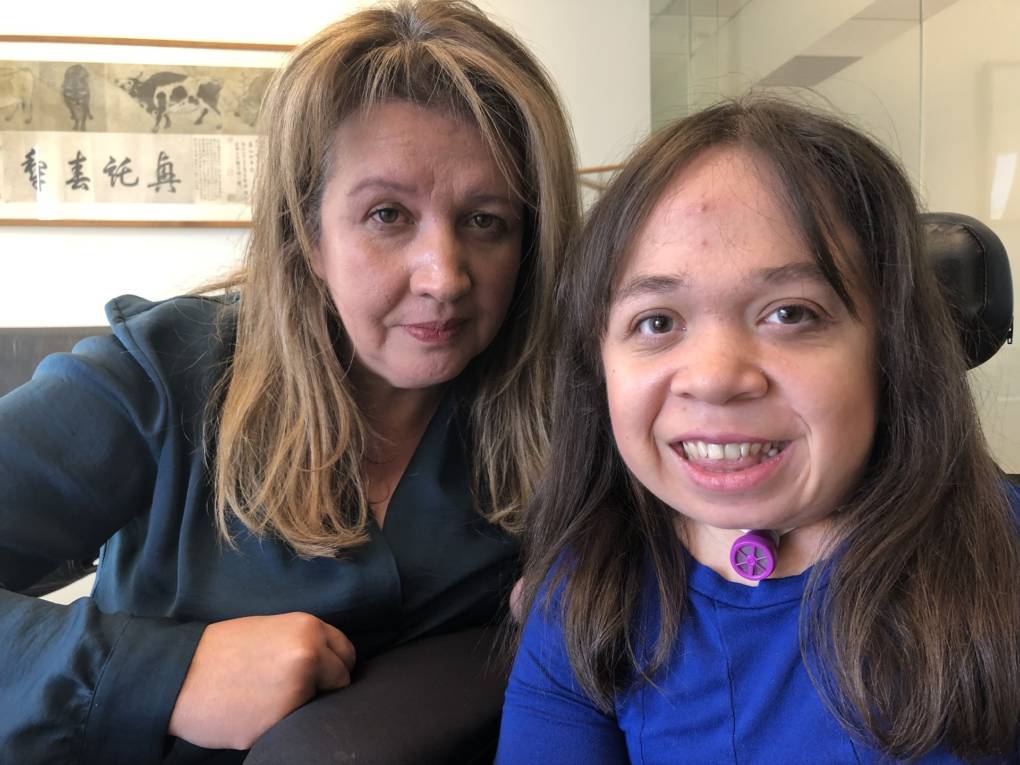A Guatemalan woman in the Bay Area who depends on weekly treatment at an Oakland hospital and could die if she’s deported, is planning to speak at an upcoming congressional hearing on the Trump administration’s apparent termination of humanitarian protections for immigrants in need of medical treatment in the U.S.
Congressional Hearing to Review Agency's End of Humanitarian Protections for Sick Immigrants

The House Committee on Oversight and Reform aims to uncover why U.S. Citizenship and Immigration Services told Concord resident Maria Isabel Bueso, 24, and other people requesting an extension of the relief, known as medical deferred action, to leave the U.S. or face deportation.
The agency has since backtracked somewhat after public outcry and intense criticism, including a letter by 100 members of Congress pressing the agency to reverse its policy change.
On Monday, USCIS announced it will reopen cases that were pending as of Aug. 7, when it abruptly stopped granting deferred action requests, except for military families.
Congressman Mark DeSaulnier, D-Concord, a member of the oversight committee who requested the hearing, said USCIS officials “should be held accountable” for terminating without public notice their review of roughly 1,000 deferred action requests per year.
“I mean, they [USCIS] should be punished for this,” DeSaulnier said.
He and Rep. Ayanna Pressley, D-Mass., are drafting a bill that would protect immigrants in a similar situation to Bueso, DeSaulnier said.
The congressman has also introduced a private bill that would grant permanent resident status, or a green card, to Bueso, her parents and sister.
“She played by all the rules, she’s been here legally, her treatment is actually paid for by private medical insurance,” DeSaulnier said. “As an American it just makes me so angry that any American would do this to another human being.”
Bueso was born with a rare genetic disease that has left her confined to a wheelchair and breathing through a throat device. Doctors in her native Guatemala told Bueso’s parents that she wouldn’t survive past age 10.
Bueso came to the U.S. at the age of 7 with her family after doctors in the Bay Area invited her to participate in a clinical trial that eventually led to federal approval of a drug to treat her condition — mucopolysaccharidosis type VI.
Bueso, who has since graduated from college at the top of her class and become an advocate for other people with her condition, receives a weekly intravenous infusion of medicine at UCSF Benioff Children’s Hospital. The drug is not available in Guatemala, and her doctor, Paul Harmatz, said Bueso would die if forced to leave the U.S.
“It would be literally pulling the plug on a respirator,” Harmatz said.
Last month, USCIS denied requests by Bueso and her family to extend deferred action, something that had been granted repeatedly during their 16 years in the U.S. The agency told them to leave the country in 33 days or face removal proceedings.

“You are not authorized to remain in the United States,” said USCIS Field Office Director Richard Valeika in an Aug. 13 letter to Bueso.
But the agency now says that it will reopen deferred action cases that were pending when it ended the program.
“While limiting USCIS’ role in deferred action is appropriate, USCIS will complete the caseload that was pending on Aug. 7,” said an agency statement.
USCIS has not returned requests for comment on how many cases the agency expects to reopen, or whether it might consider any new requests.
Last week, a USCIS spokeswoman disputed the notion that the program was ending because she said U.S. Immigration and Customs Enforcement — the agency in charge of deportations — would be handling those requests instead.
But ICE did not return requests for comment on what procedure, if any, has been put in place for deferred action applications, and on Tuesday, an ICE spokesman referred all questions about the program to USCIS.
DeSaulnier said that when his staff initially reached out to ICE with similar questions, agency officials said they were “unaware” USCIS had changed its policy.
However, ICE can process deferred action requests, according to an immigration attorney and a former employee at the Department of Homeland Security.
In a statement, the Bueso family called the news of USCIS reopening cases “encouraging.”
“We see this as a first step in revisiting our status as U.S. residents and will be working with our local representatives to find a more permanent solution that guarantees Isabel’s life is never put at risk again,” they said in the statement.
